Carrot
Carrot is a known booster of eye health. That is mainly for beta carotene it contains, converted to vitamin A in our body. Just 100g of raw carrot provides almost 3,5 daily doses of vitamin A. Eating some fat with carrot improves the absorption of beta carotene. Another antioxidant present in carrot is lutein, also good for eye health. Carrot is rich in vitamin K, as well as fiber, mainly pectin. Glycemic index of raw carrot is low, making it suitable for diabetes when consumed in this form. It is good for digestion and gut health and can aid weight loss. Thanks to high fiber content, it is believed that carrot can decrease cholesterol levels.
